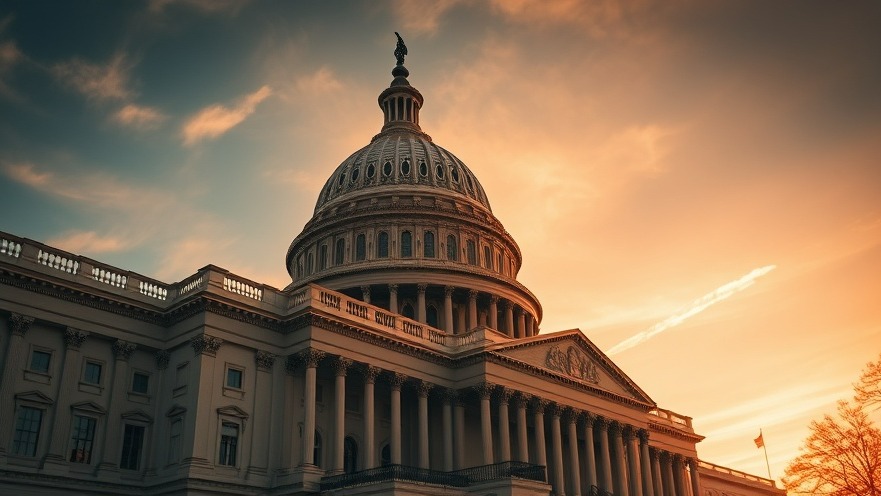
The One Big, Beautiful Bill Act: What You Need to Know
In a contentious and closely watched Senate vote on July 1, Vice President J.D. Vance cast the tie-breaking vote for the One Big, Beautiful Bill Act, leading to significant alarm within the healthcare community. This legislation, with the potential to impact millions of Americans' access to healthcare, risks destabilizing Medicaid and exacerbating already precarious conditions in rural healthcare settings.
Healthcare Warnings from Major Organizations
Health organizations across the nation are raising red flags about the potential fallout from this legislation. According to the advocacy group Vot-ER, an estimated 17 million people could lose their health coverage if the House of Representatives passes the bill without alterations. This outcome could lead to increased financial strain on healthcare systems, especially in areas where hospitals are already grappling with viability issues.
Understanding the Implications for Rural Healthcare
Rural hospitals have long faced financial challenges, with diminishing patient volumes exacerbating their fragile state. The One Big, Beautiful Bill Act includes provisions that allocate $50 billion to support these rural institutions; however, experts, including Susan Dentzer of America’s Physician Groups, argue that these resources are insufficient. As Dentzer notes, the proposed bill could lead to more hospital closures, especially as Medicaid cuts escalate. Hospital trustees fear that the financial lifeline provided may not be enough to offset growing operational costs and rising uncompensated care.
Potential Consequences for Providers
The repercussions of the One Big, Beautiful Bill Act extend beyond just patient coverage. Physicians and clinicians worry that the bill’s provisions will limit their ability to provide care effectively. By reducing Medicaid funding, the legislation threatens to diminish the quality of care offered, ultimately affecting the treatment that vulnerable populations rely on. The potential reduction of providers in the healthcare system means higher patient loads for the remaining practitioners, leading to burnout and decreased job satisfaction among healthcare professionals.
Advocacy Efforts and Next Steps
In anticipation of a House vote, advocacy groups are mobilizing to raise awareness about the risks associated with the One Big, Beautiful Bill Act. Organizations, including America’s Physician Groups, are urging healthcare providers to contact their lawmakers and express concerns about the bill. As healthcare practitioners, it's essential to be engaged and informed about the implications of this legislation and its potential to disrupt the patient care continuum.
Coping Strategies for Concierge Practices
For concierge medical practice owners, understanding these legislative changes is paramount. As the landscape evolves, practices must adapt to ensure sustainability and improve patient engagement. The current climate suggests that practices may need to enhance offerings to attract and retain patients in a system where access could be limited. This could range from introducing telehealth options to adding personalized wellness and preventative care plans that make patient care more accessible while compensating for any gaps created by legislative changes.
Conclusion: Stay Informed, Stay Engaged
The imminent vote in the House of Representatives could have far-reaching effects on the healthcare landscape and your practice. Being proactive in understanding these changes will empower you to advocate for your patients and your practice effectively. Remember, your voice matters in shaping the future of healthcare. Reach out to your lawmakers and share your perspectives; after all, informed practices lead to better care and improved patient outcomes.
 Add Row
Add Row  Add
Add 






Write A Comment